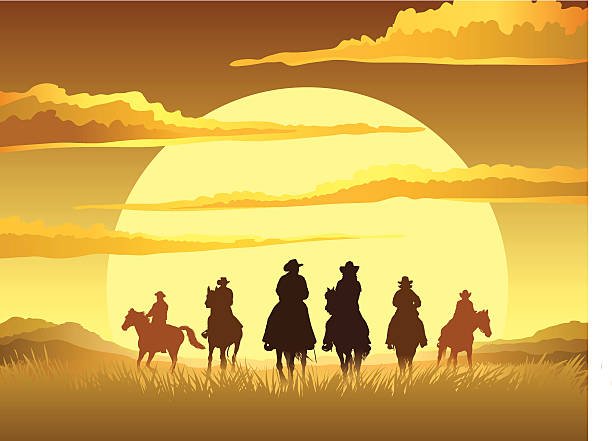The term “Western” is often used in global discussions—whether in politics, culture, economy, or philosophy. But what exactly does “Western” mean, and how has the Western world shaped the modern era? At its core, the Western world refers to a group of nations primarily in Europe and North America, deeply influenced by Greco-Roman philosophy, Christianity, the Enlightenment, and democratic values. From technology to fashion, governance to education, Western ideals and systems have profoundly influenced the world.
Historical Roots of the Western World
The foundation of Western civilization can be traced back to Ancient Greece and Rome. Greek philosophy, led by thinkers like Socrates, Plato, and Aristotle, introduced the concepts of reason, democracy, and inquiry. Rome, on the other hand, contributed significantly to law, governance, and architecture. These classical ideals laid the groundwork for what would become Western political and intellectual traditions.
After the fall of the Roman Empire, the Middle Ages saw the rise of Christianity as a dominant force across Europe. The Catholic Church played a central role in shaping European societies, preserving knowledge, and influencing culture and governance. However, it was the Renaissance, beginning in the 14th century, that truly revitalized Western thinking—ushering in an era of art, science, and discovery inspired by classical antiquity.
The Enlightenment in the 17th and 18th centuries further propelled Western nations toward rationalism, individualism, and human rights. Thinkers like John Locke, Voltaire, and Immanuel Kant questioned traditional authority and laid the foundations for modern democracy, secularism, and liberal thought.
Political and Economic Systems
One of the defining features of the Western world is its commitment to democracy and capitalism. Western nations were pioneers in developing democratic institutions, legal systems, and civil liberties. The American Revolution (1776) and the French Revolution (1789) were turning points, emphasizing the rights of citizens, equality before the law, and representative governance.
In economic terms, capitalism became the dominant model, fostering innovation, entrepreneurship, and global trade. The Industrial Revolution, which began in Britain in the late 18th century, spread across the Western world, transforming societies through mechanization and the rise of modern industries.
These systems enabled the West to dominate global affairs for centuries, leading the way in science, technology, and education.
Cultural Influence
Western culture has become a global force, largely due to colonization, globalization, and media. Western ideals of individualism, freedom of expression, and human rights have found appeal across continents. Art, music, literature, and cinema from the West have left a lasting impression on global culture.
Hollywood films, British rock bands, French fashion, American fast food, and European literature have all played a role in exporting Western values and lifestyles. Even in remote parts of the world, Western cultural elements—from jeans and jazz to smartphones and social media—are part of daily life.
The influence of Western education systems, particularly universities like Oxford, Harvard, and the Sorbonne, has also been immense. Many of the world’s top research institutions and technological innovations originate from the Western world.
Challenges and Criticisms
Despite its achievements, the Western world has not been without criticism. Western colonization led to the exploitation and suppression of other cultures, with lasting consequences in Africa, Asia, and the Americas. The dominance of Western political and economic systems has often marginalized local traditions and economies.
Critics also argue that Western societies face internal issues such as rising inequality, cultural homogenization, and political polarization. The consumer-driven lifestyle, while offering convenience and growth, has also led to environmental degradation and a loss of traditional values in some regions.
Moreover, the perception that Western norms are “universal” has led to tension in global politics, with many non-Western countries pushing back against what they see as cultural imperialism.
The Modern Western World
Today, the Western world includes countries in North America (like the U.S. and Canada), Western Europe (such as the UK, Germany, and France), Australia, and New Zealand. These countries are often members of alliances like NATO, the European Union, and the G7, sharing similar political values and economic goals.
The Western world continues to play a major role in global affairs—leading in technology, environmental efforts, human rights campaigns, and international diplomacy. However, it now coexists with rising powers from the East and Global South, prompting a more multipolar and interconnected world.
Conclusion
The Western world has undeniably shaped the modern global landscape. From its philosophical origins in ancient Greece to its dominance in contemporary media, politics, and economics, the influence of the West is far-reaching. Yet, it is also undergoing transformation—facing challenges from within and adapting to a rapidly changing international environment.
Understanding the Western world means appreciating both its achievements and its contradictions. As global interactions grow deeper and more complex, the Western tradition remains a key, though not exclusive, contributor to the ongoing story of human progress.

